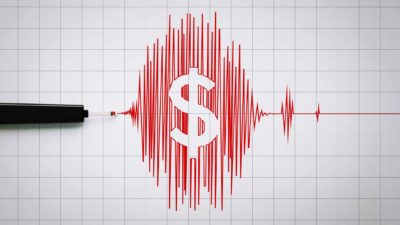A number of shares could be on the move on Friday after S&P Dow Jones Indices announced its September 2020 quarterly rebalance of the S&P/ASX Indices.
Below is a summary of the changes that have been made, effective at the open of trading on 21 September.
S&P/ASX 20 index changes.
There have been two changes to the S&P/ASX 20 index this quarter. Supermarket giant Coles Group Ltd (ASX: COL) and iron ore producer Fortescue Metals Group Limited (ASX: FMG) have joined this exclusive index. They have joined at the expense of shopping centre operator Scentre Group (ASX: SCG) and insurance giant Suncorp Group Ltd (ASX: SUN), which have both struggled during the pandemic.
S&P/ASX 100 index changes.
There has also been two changes to the S&P/ASX 100 index for this quarter. Out goes contractor Cimic Group Ltd (ASX: CIM) and UK bank Virgin Money UK (ASX: VUK). They will be replaced by artificial intelligence services company Appen Ltd (ASX: APX) and medical device company Fisher & Paykel Healthcare Corp Ltd (ASX: FPH).
S&P/ASX 200 index changes.
The benchmark S&P/ASX 200 will see five changes later this month. The most notable being the inclusion of buy now pay later provider Zip Co Ltd (ASX: Z1P) at long last. It will be joined by Auckland International Airport Limited (ASX: AIA), AUB Group Ltd (ASX: AUB), Ramelius Resources Limited (ASX: RMS), and Westgold Resources Ltd (ASX: WGX).
Leaving the ASX 200 are salary packing company McMillan Shakespeare Limited (ASX: MMS), coal miner New Hope Corporation Limited (ASX: NHC), outdoor advertiser oOh!Media Ltd (ASX: OML), lithium miner Orocobre Limited (ASX: ORE), and media company Southern Cross Media Group Ltd (ASX: SXL).
What now?
When a company is added to an index it can lead to an increase in demand for its shares from exchange traded funds that are designed to track an index and from fund managers that may have investment mandates which permit them to only buy shares on certain indices.
Conversely, when a share is removed it can lead to increased selling pressure as exchange traded funds dump them and fund managers are forced to sell them.
Though, given the (bleak) outlook for today's trade, it seems unlikely that this will have much impact on their relative performances.









